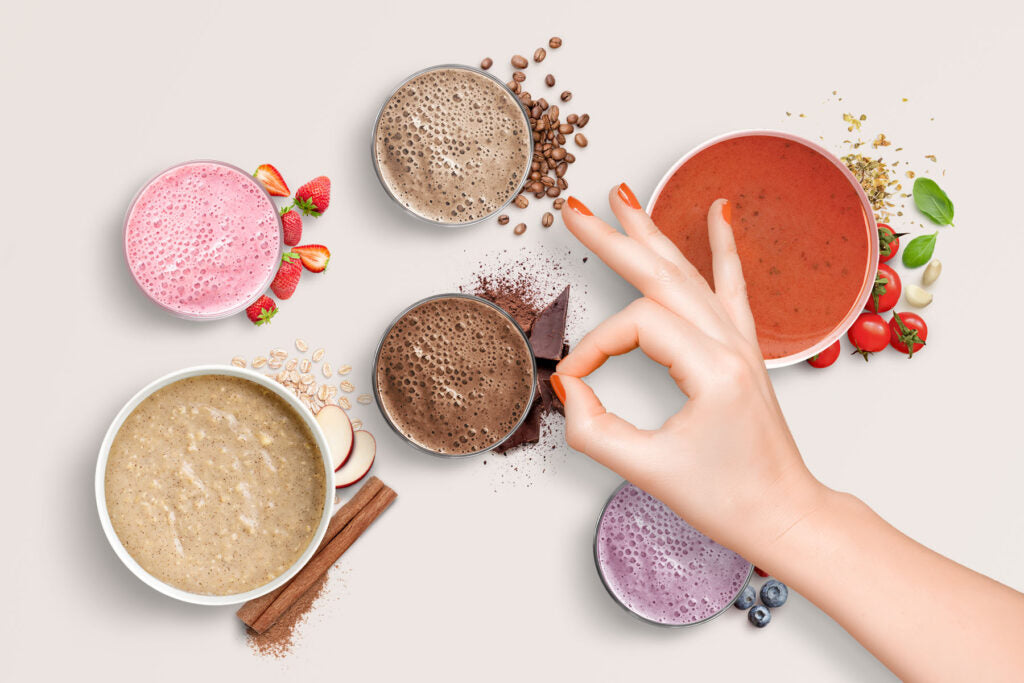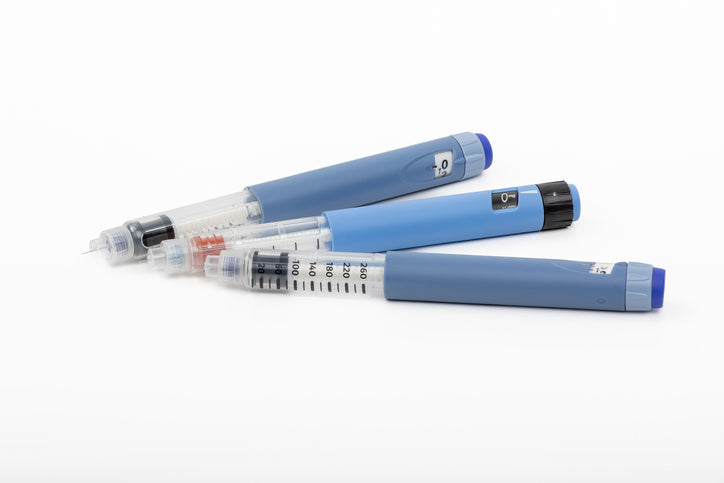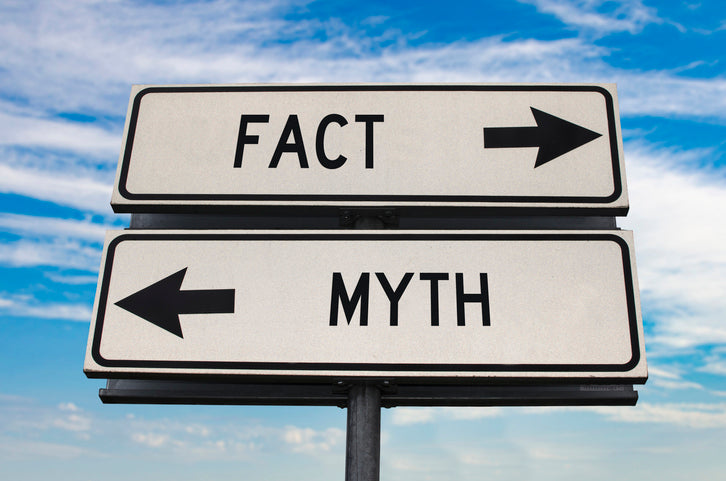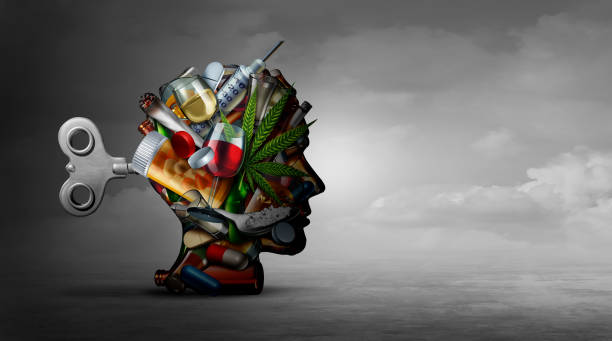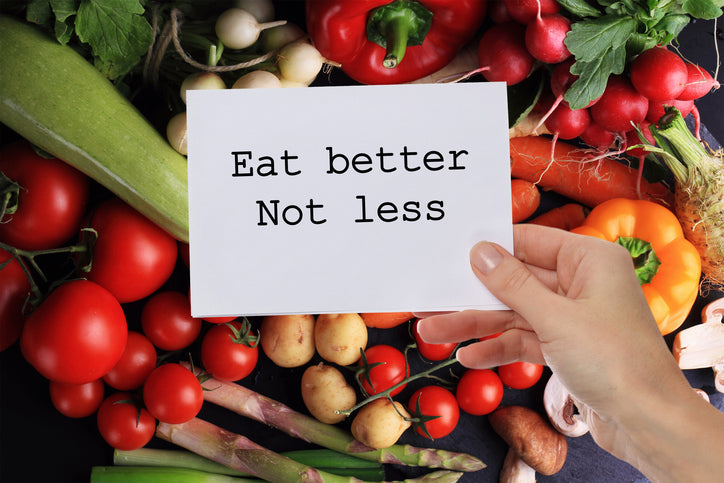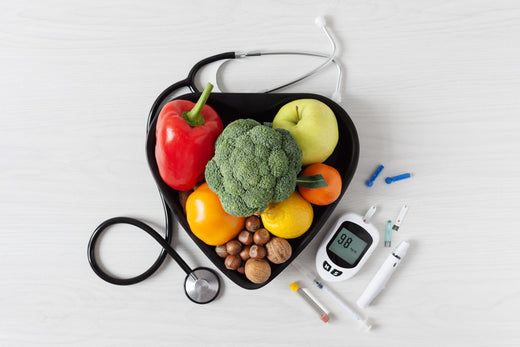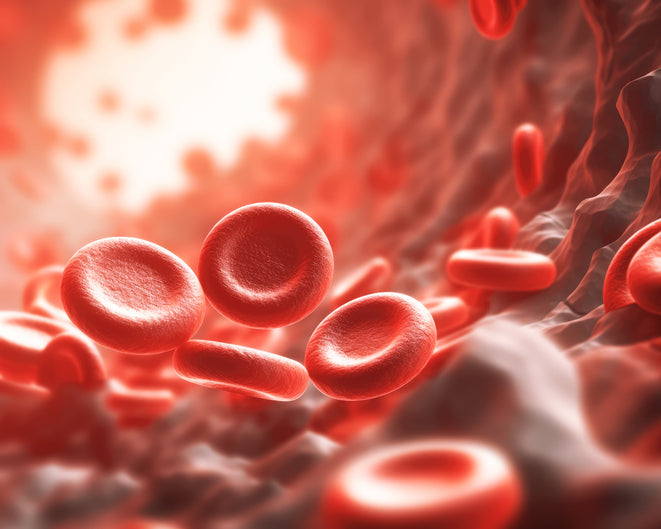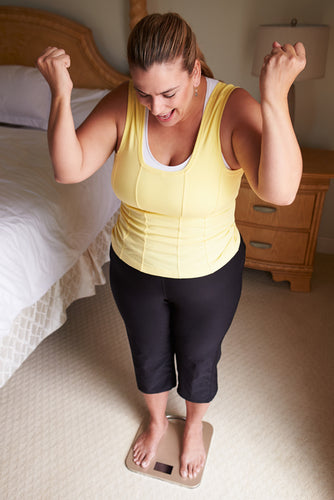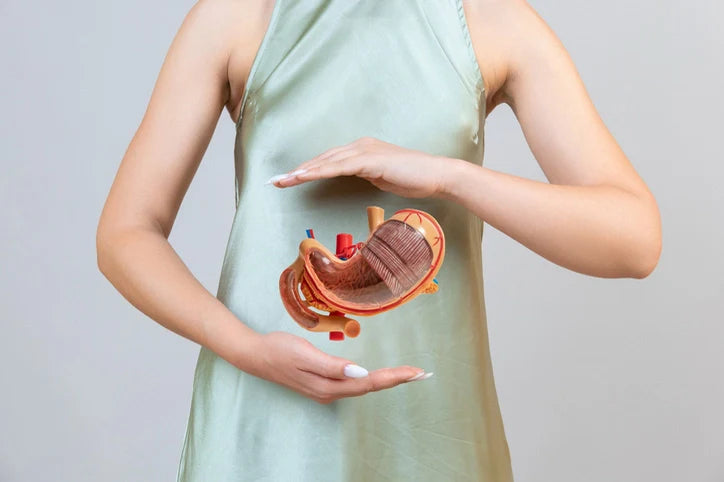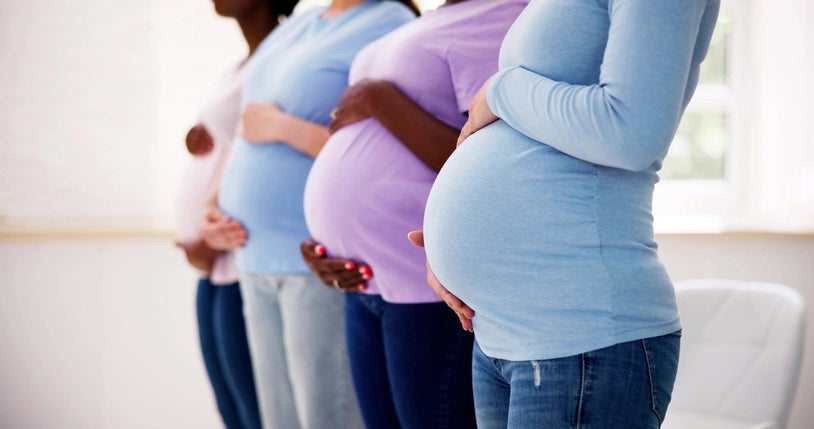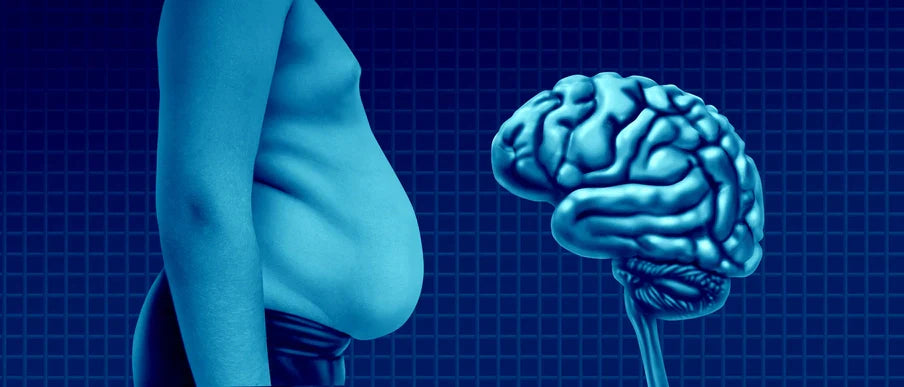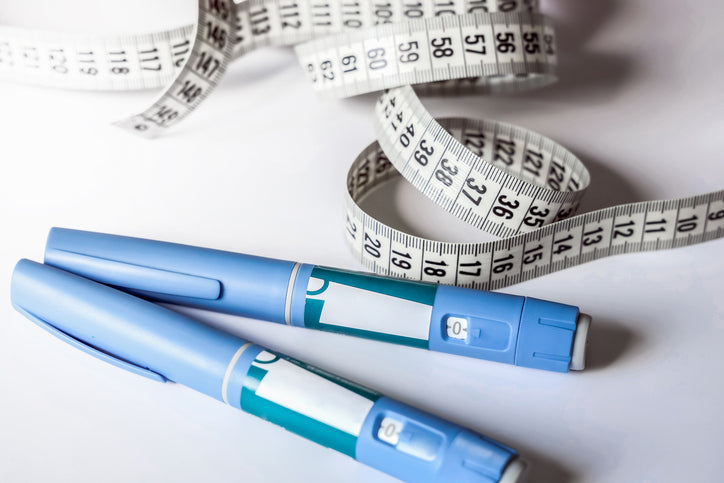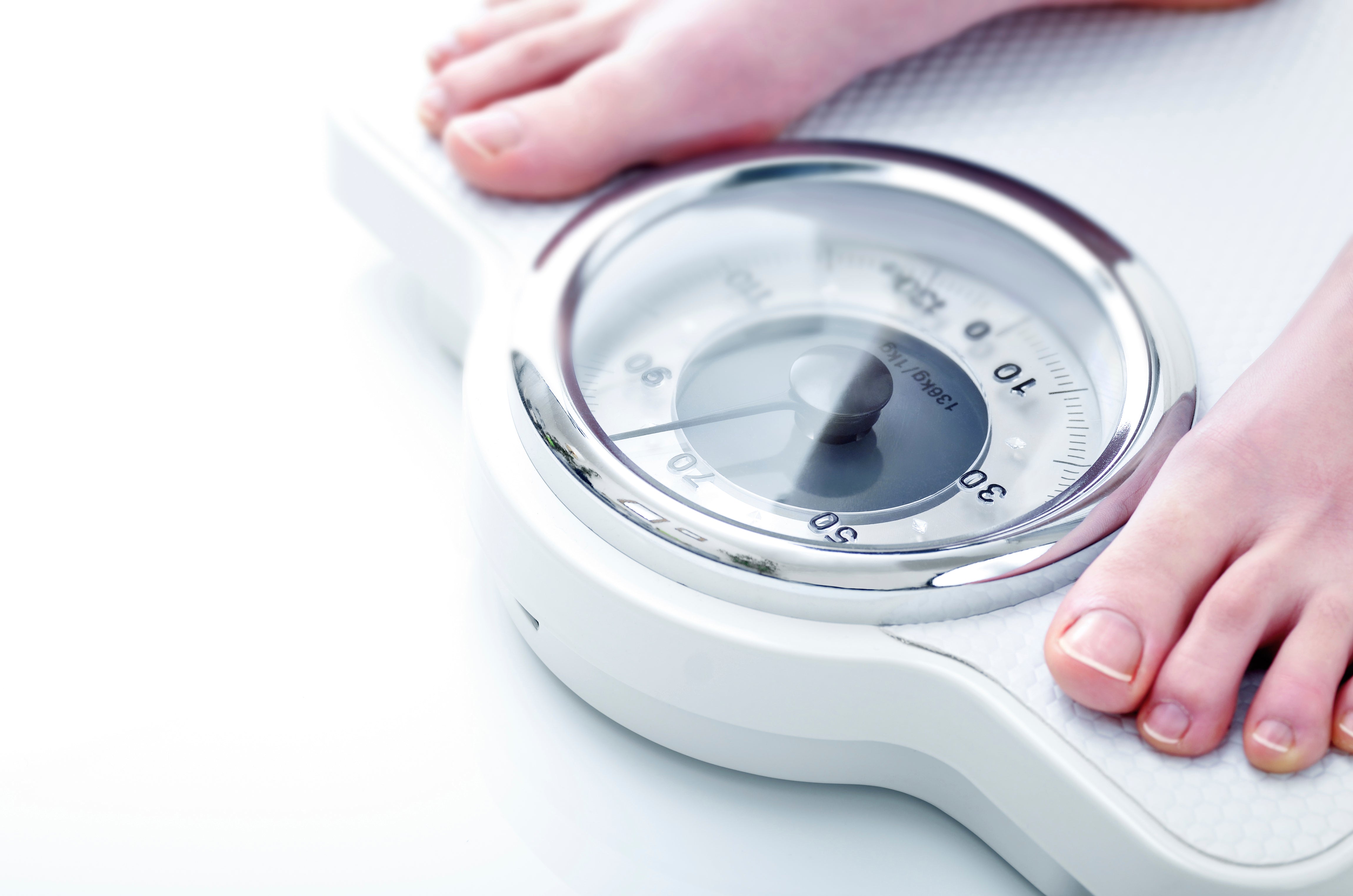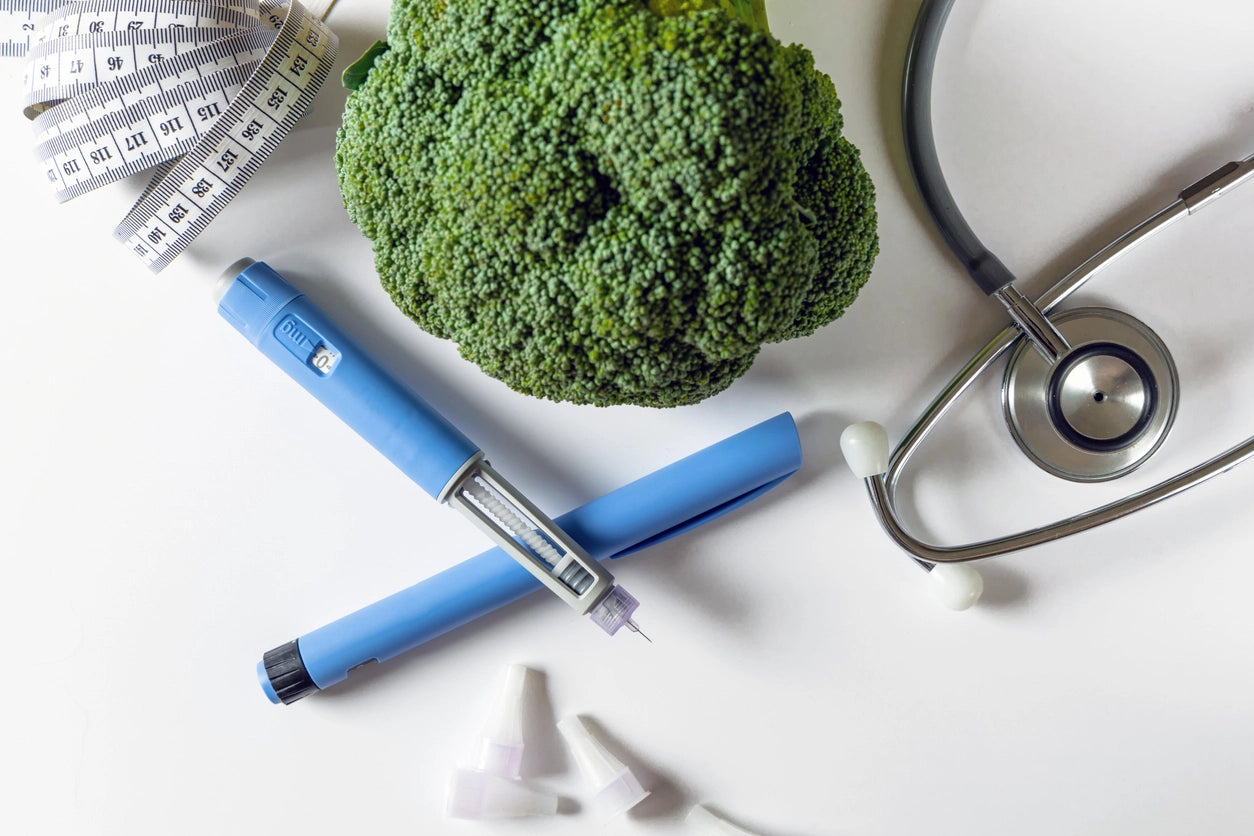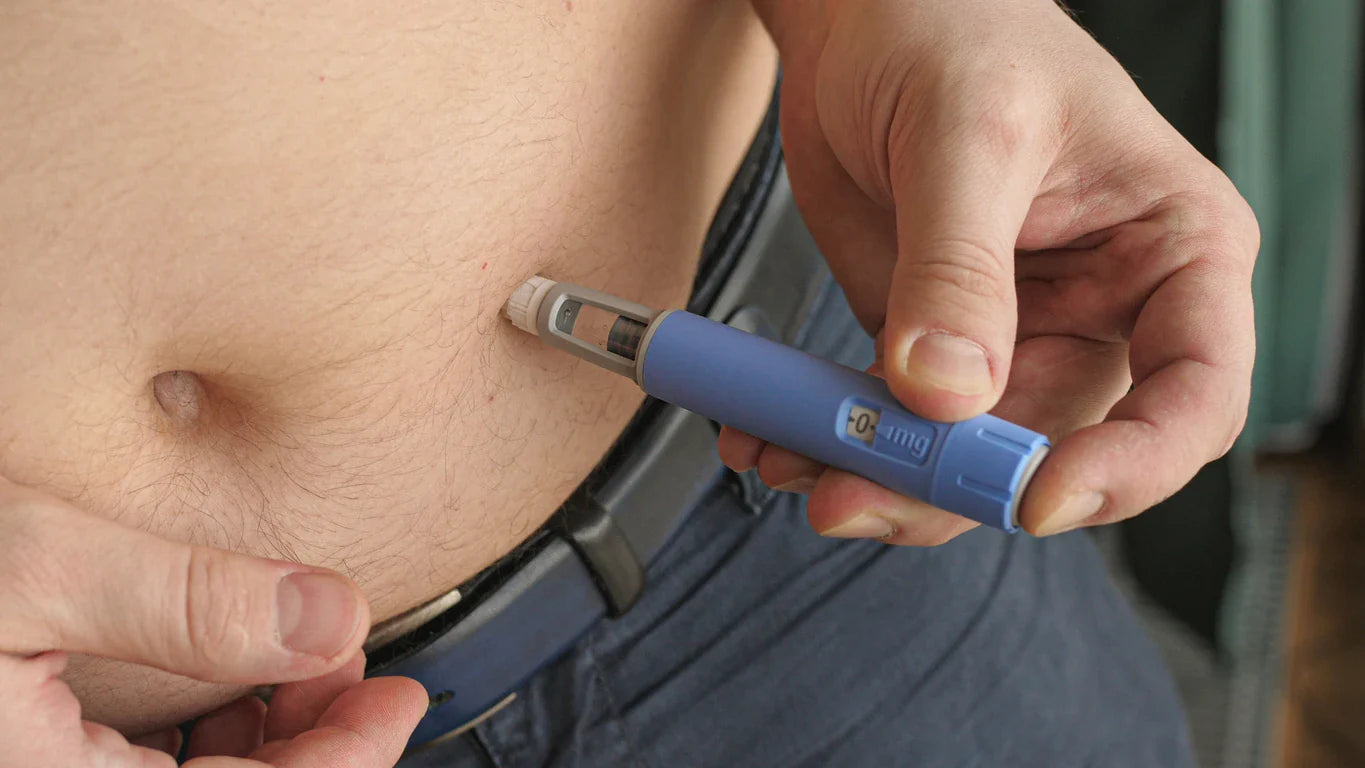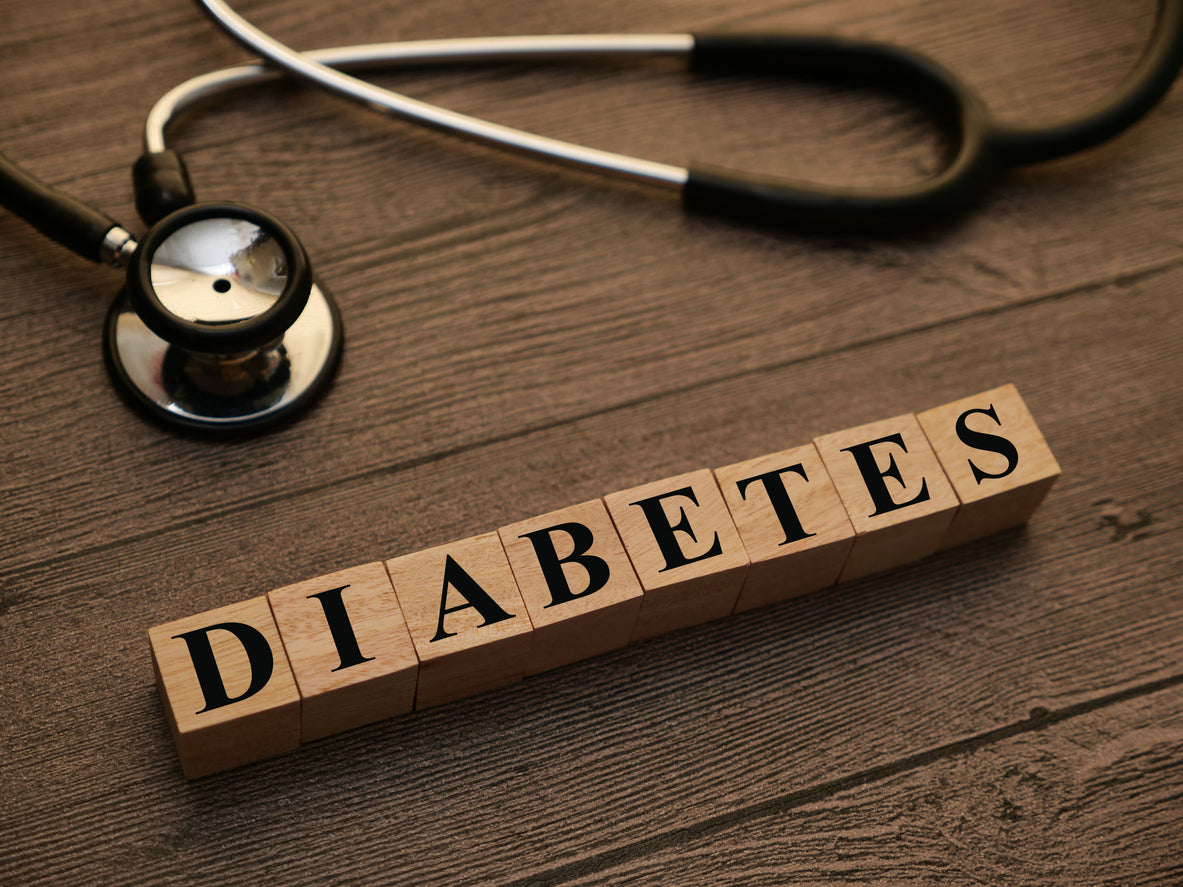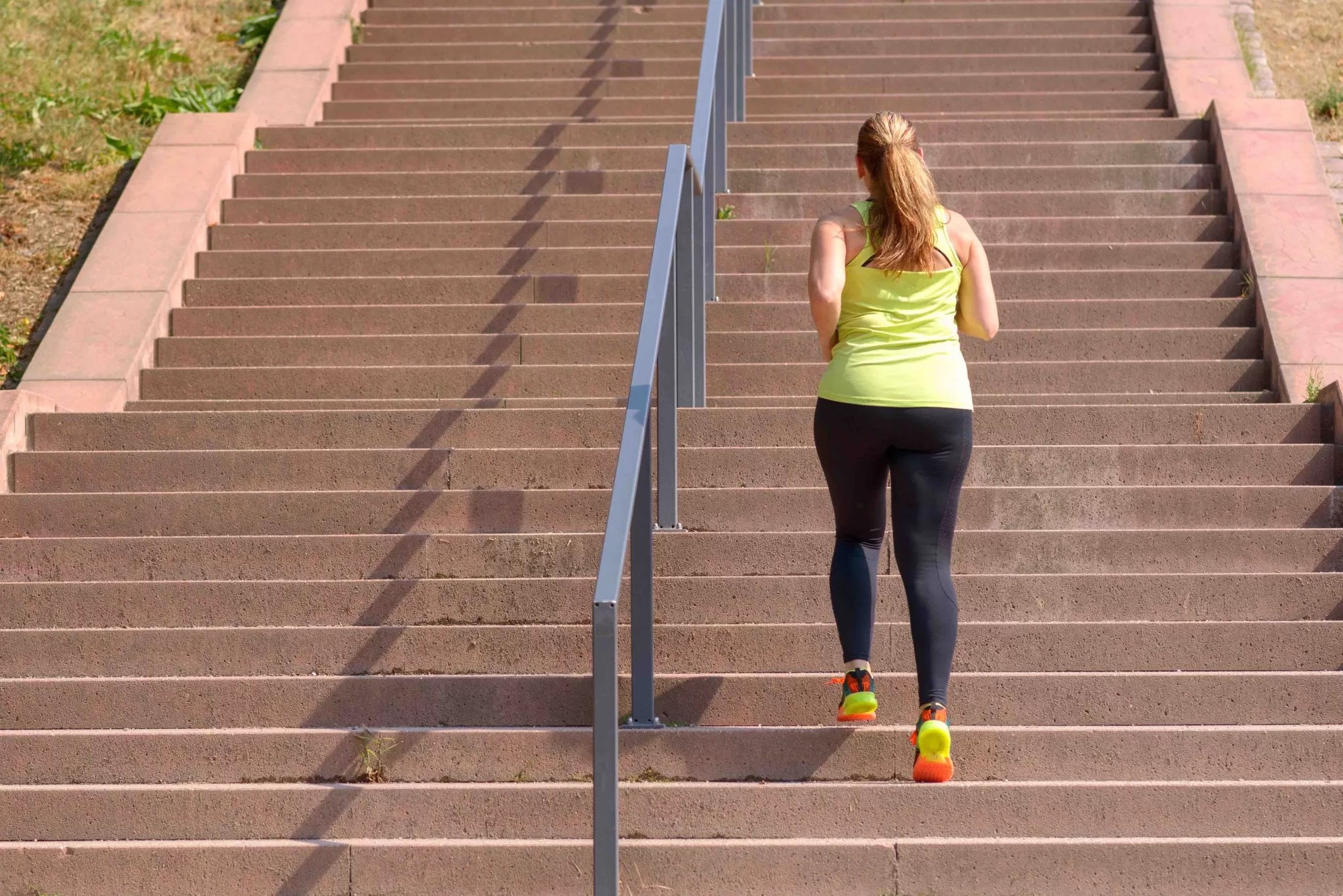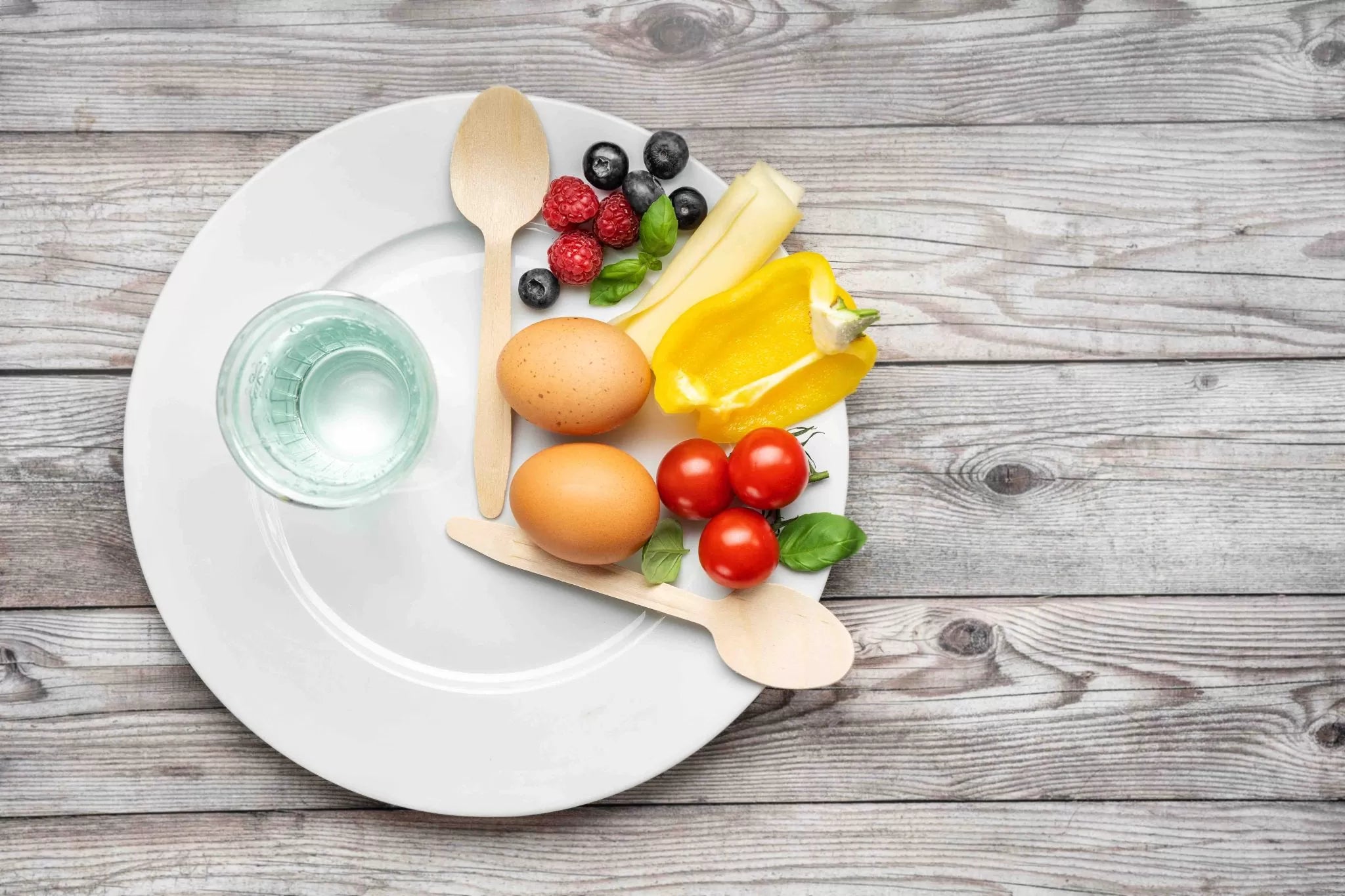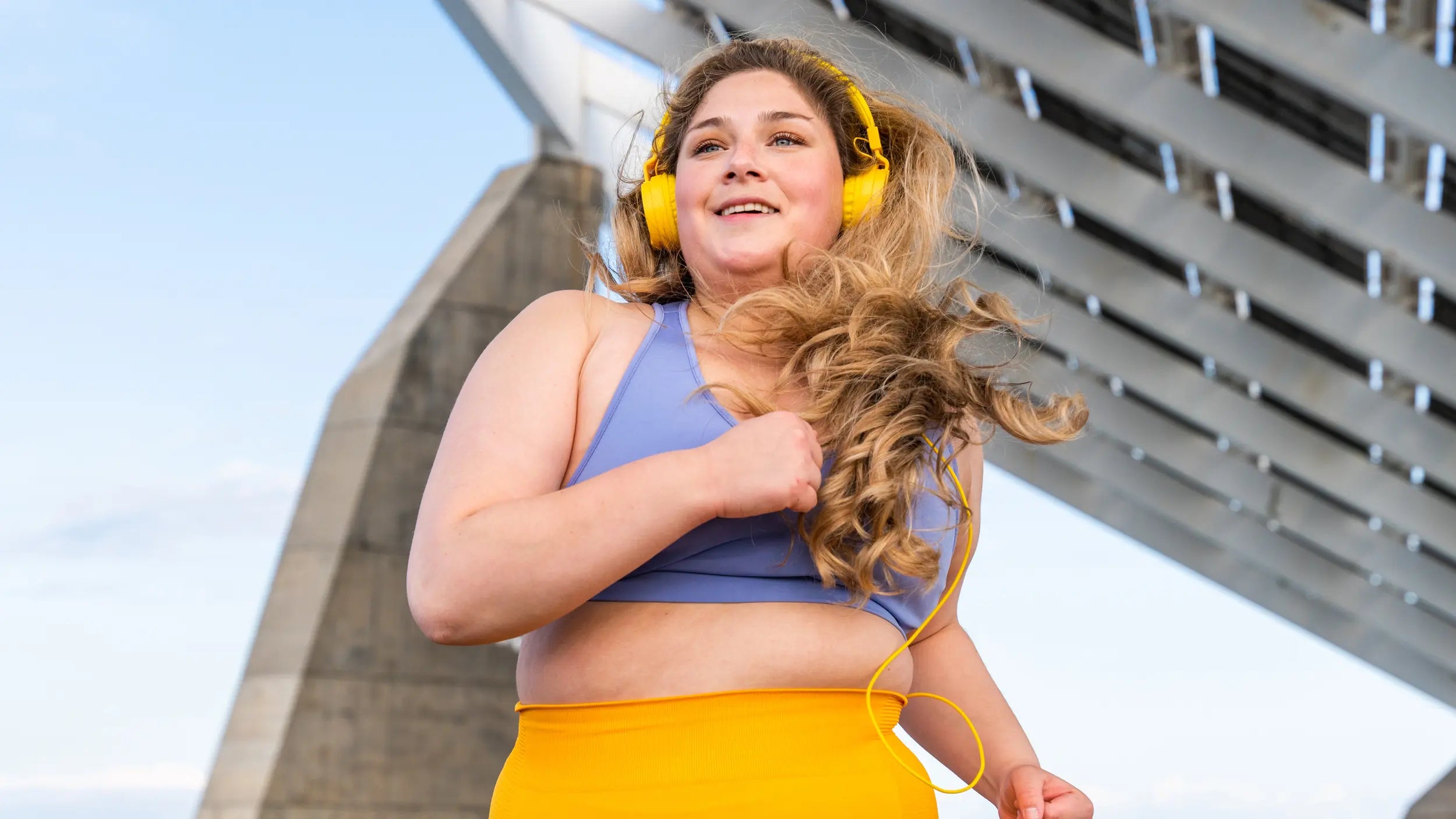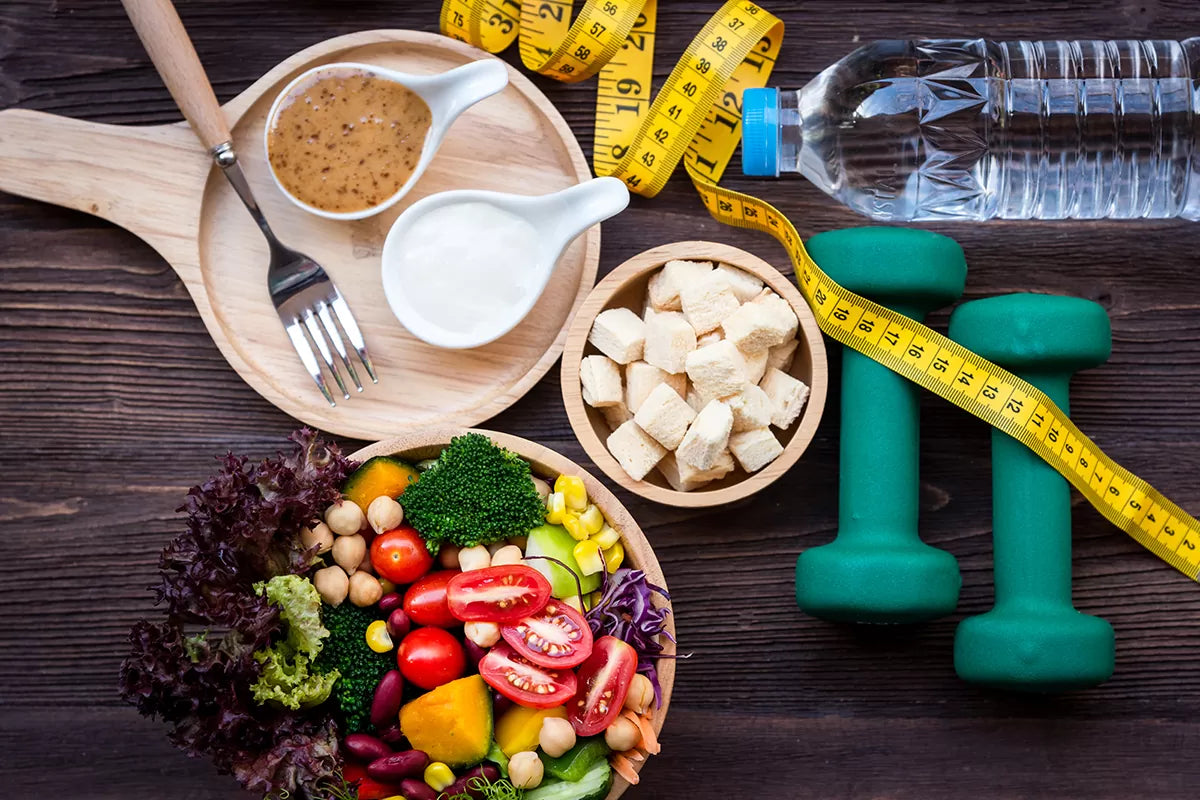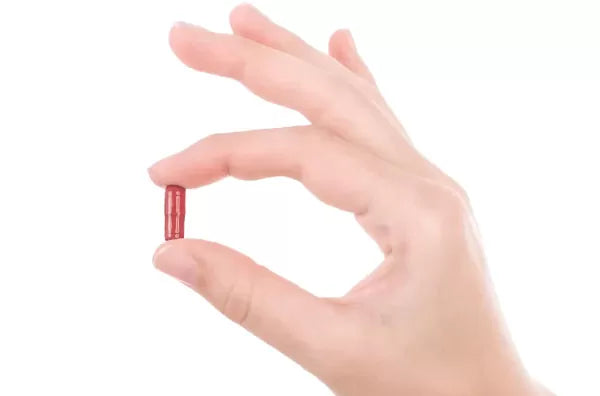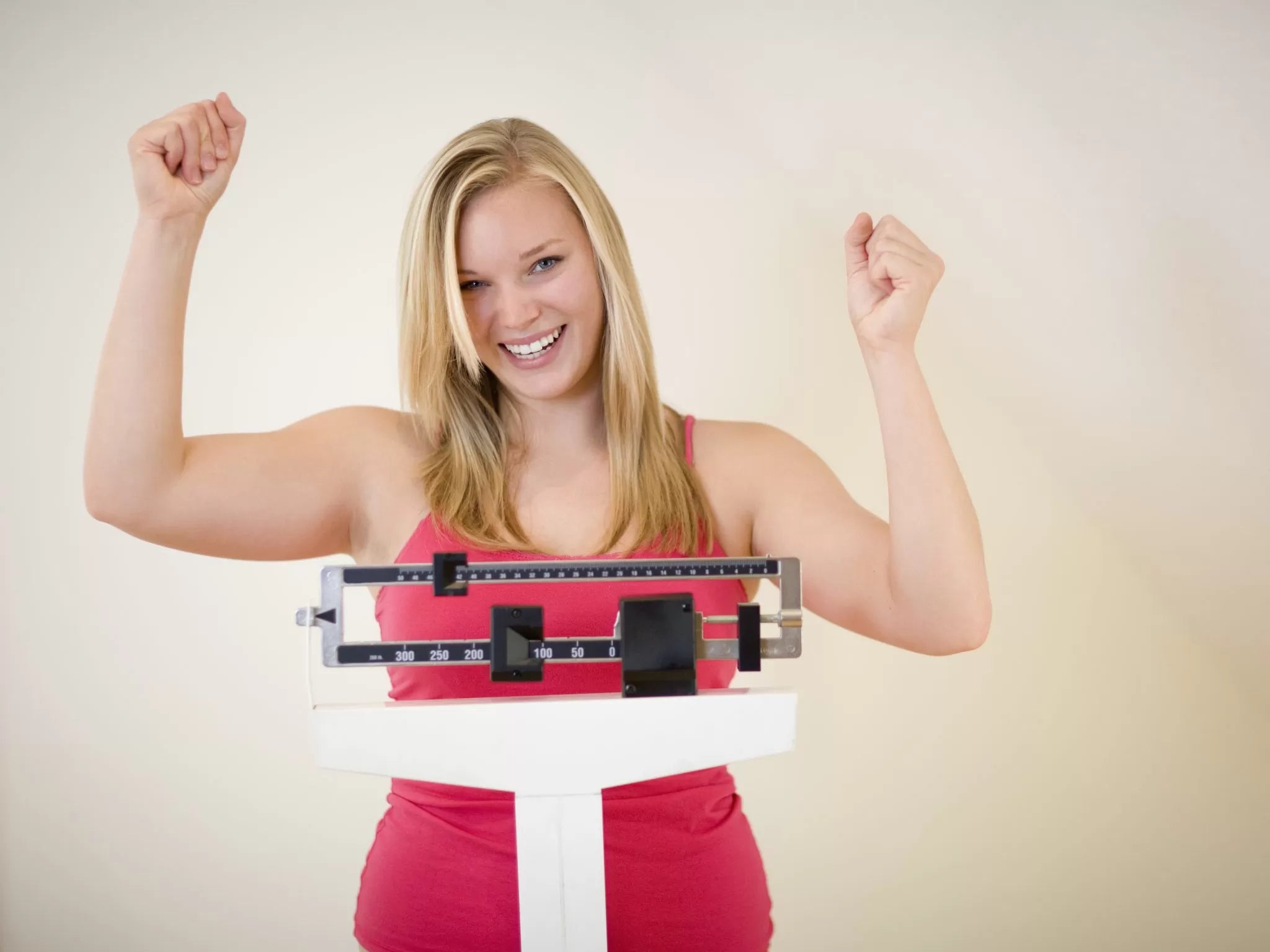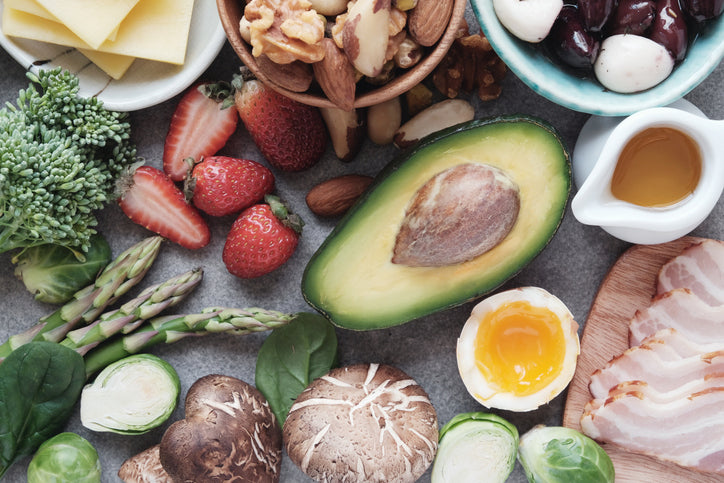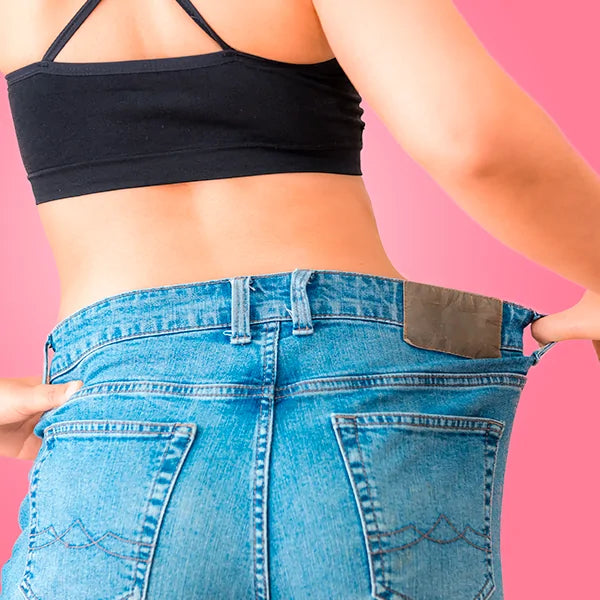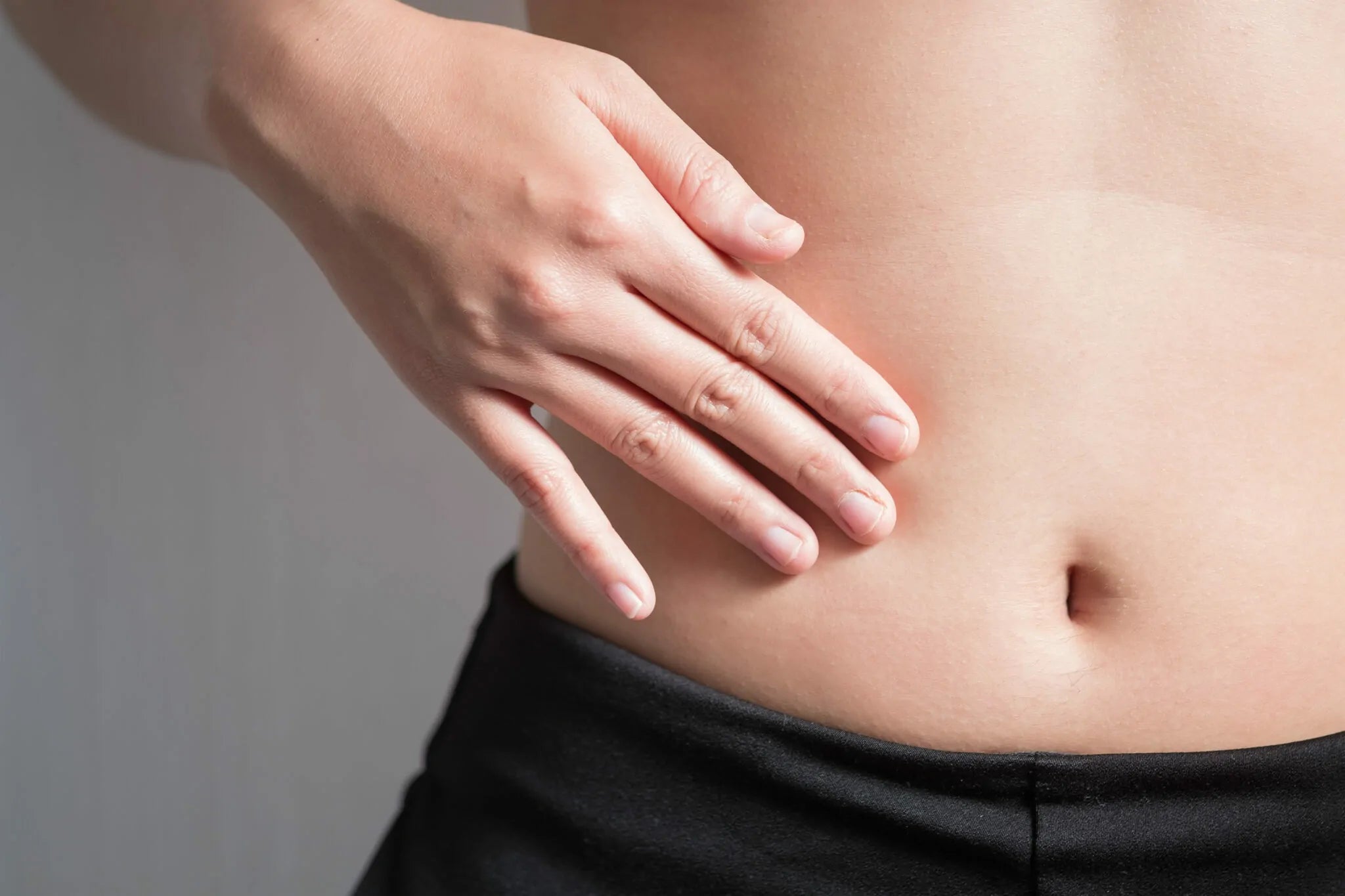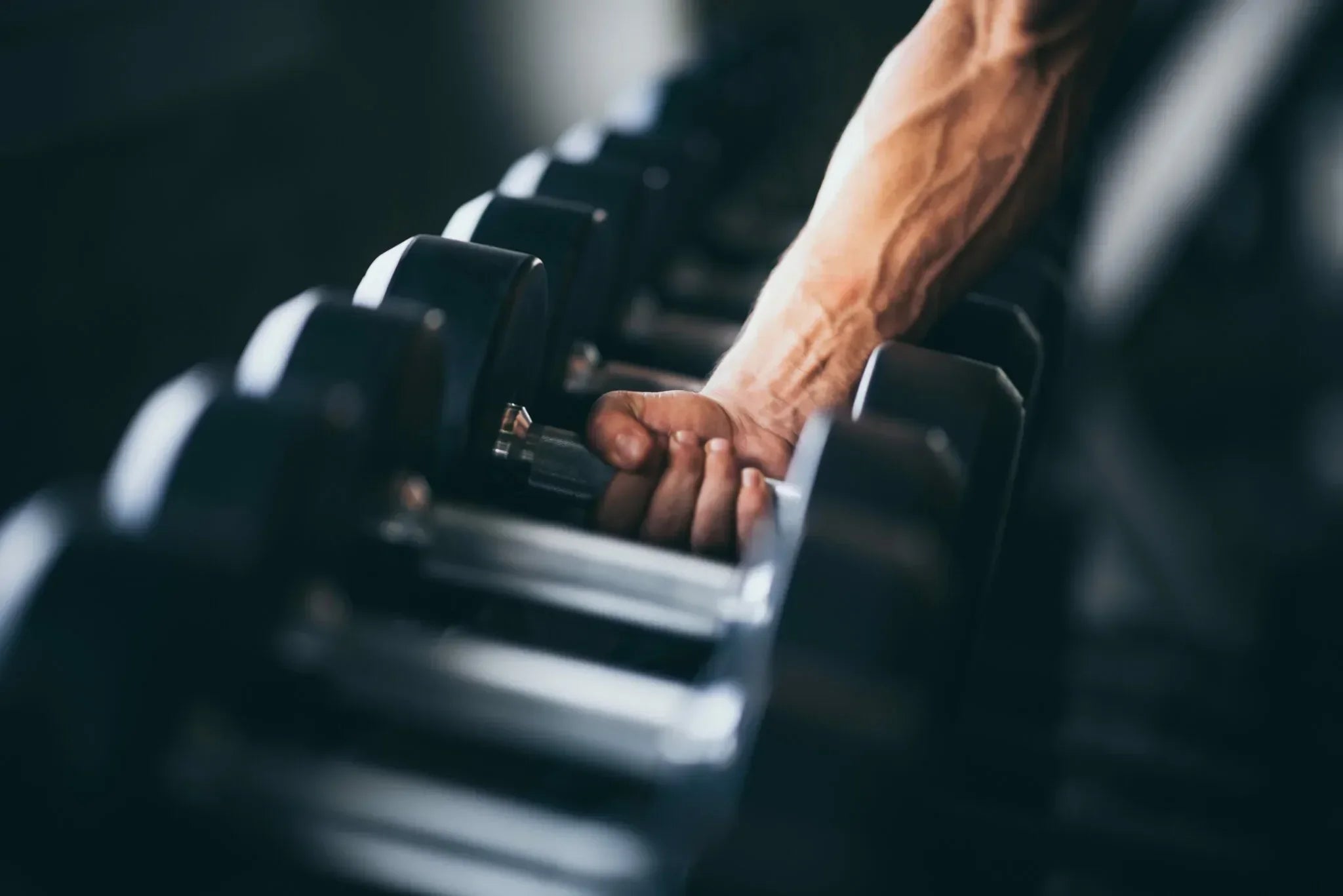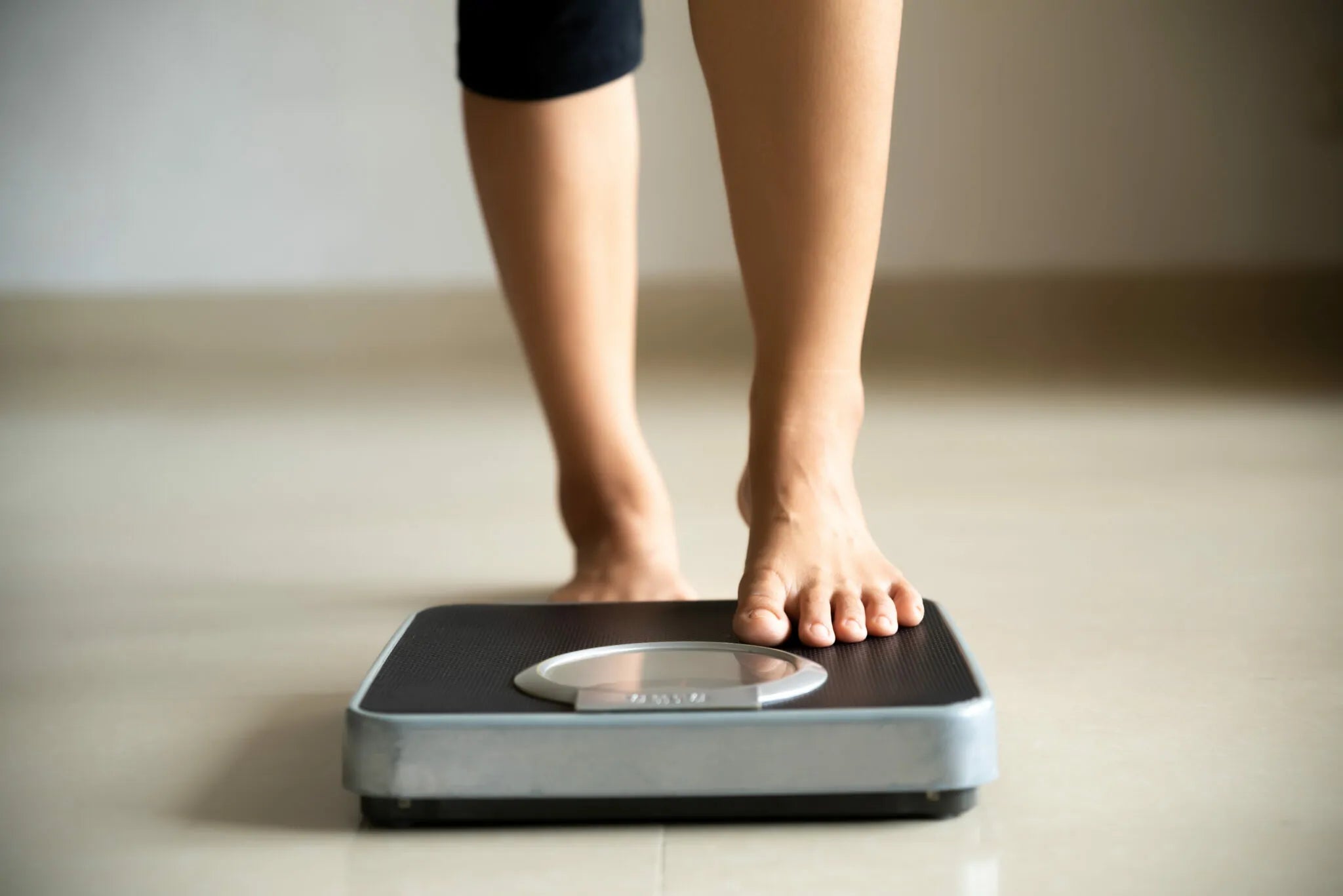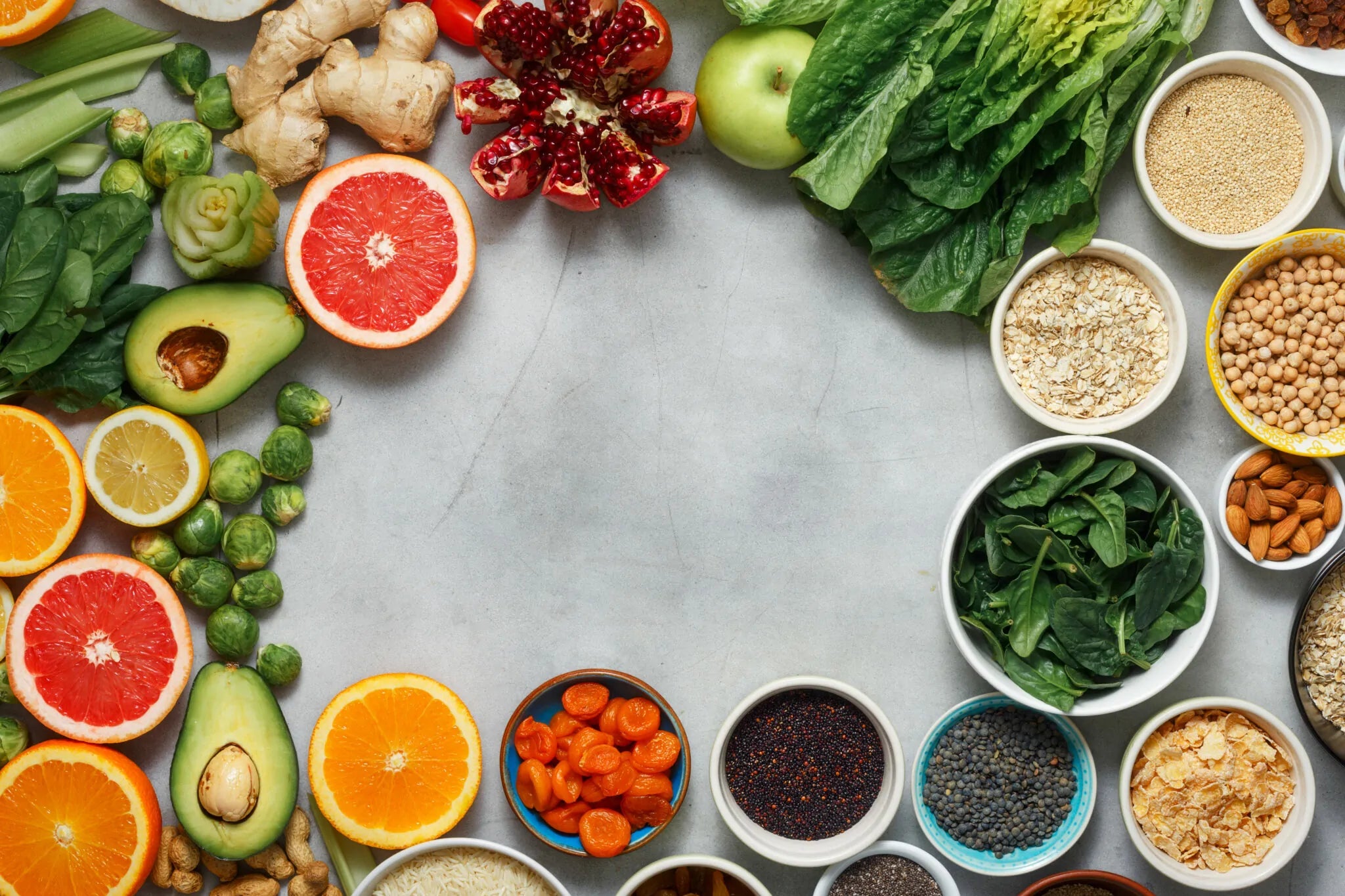You may be wondering about quick weight loss and how much weight you can lose in a week. There are different ways to go about weight loss – depending on your specific goals and needs, you can choose to follow a normal, energy-restricted diet or a faster method of losing weight. One way to promote rapid weight loss is with a Very Low Calorie Diet (VLCD), where you consume up to 800 calories a day. There are also various supplements that can help to boost weight loss.
The general guidelines for healthy weight loss, recommend losing at a moderate pace of approximately 0.5 to 1 kilo per week, according to the British Nutrition Foundation. How much weight you can lose in a week depends on your height, weight and BMI (Body Mass Index). BMI indicates a range of healthy weight for a given height and can be a helpful tool to assess how much you may want to lose if you carry excess weight. It is easy to find out where you are on the index with an online BMI calculator.
For a Very Low Calorie Diet, the expected weight loss results are considerably quicker. Weight loss rate differs from person to person, and results will vary since each body is unique and will react differently to dietary changes. Clinical studies show that it is possible to lose approximately 10 to 15% of your starting weight within an 8-week period.
Weight loss plan
Diets for quick weight loss can include various foods, meal replacement bars or shakes, soups, supplements and fasting. Some of the best quick weight loss tips are fundamental to general health, such as eating a balanced diet with adequate nutrition, listening to your own body when it comes to hunger and when you actually feel full, scheduling regular physical activity, keeping well hydrated, getting proper rest, and minimising stress.
A 7-day diet plan for weight loss can be an effective way to organize what you will eat in a week if you are looking for effective, quick weight loss. The best diet for quick weight loss can look very different from one food plan to another, depending on each individual’s needs and the way the body reacts. According to the World Health Organization (WHO), a healthy diet includes fresh vegetables, legumes, fruits, nuts and whole grains. Also, a sound food plan will restrict sugar intake to less than 10%, with even more health benefits when reducing the amount to less than 5%. Diet foods and meal replacements can be a great aid to weight loss for many people looking to lose weight quickly, since they are an easy way to ensure that you meet all the essential nutrition requirements with minimal calories.
So, while the best diet for some may be follow a traditional regimen, including moderate portions of a variety of whole, unprocessed foods and avoiding desserts and sweets, others might opt for a Very Low Calorie Diet, use meal replacements for either all or some of their daily meals or incorporate weight loss supplements that can help them to lose weight and keep it off. If you have any questions or concerns about a Very Low Calorie Diet (VLCD) consult your GP before starting this type of diet.
A healthy amount of protein
When you lose weight fast, you may likely lose muscle mass along with fat. So if you are keeping to a quick weight loss diet plan, such as a fast 800 calorie diet or another type of quick fix weight loss program, it is advisable to monitor and maintain your muscle mass as you lose weight. If you are eating a healthy diet while incorporating an appropriate amount of strength training, you can help to build your muscle mass.
Getting an adequate amount of protein is also an important part of your diet to consider when you want to increase muscle mass. Protein is an essential nutrient that the body uses to build and repair cells, which you can get from animal sources such as meat, poultry, fish or eggs, or low-fat dairy products as well as vegetarian alternatives such as nuts and seeds, lentils, beans and soy products. Supplements like protein bars and protein shakes are a quick way to increase the amount of protein in your diet. Protein is the building block of the body, and it may also help to keep up your motivation since it can help you to feel full for a longer time so you won't feel deprived while sticking to a restricted calorie diet.











